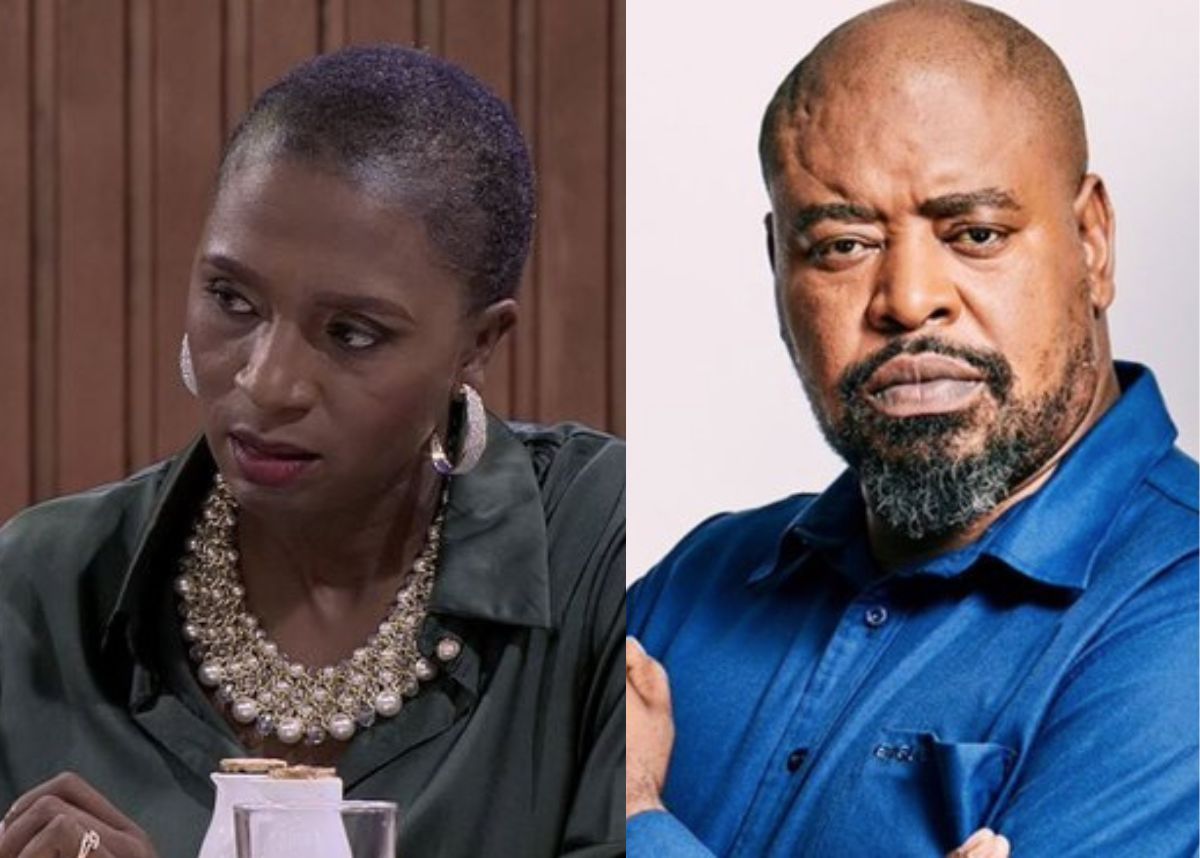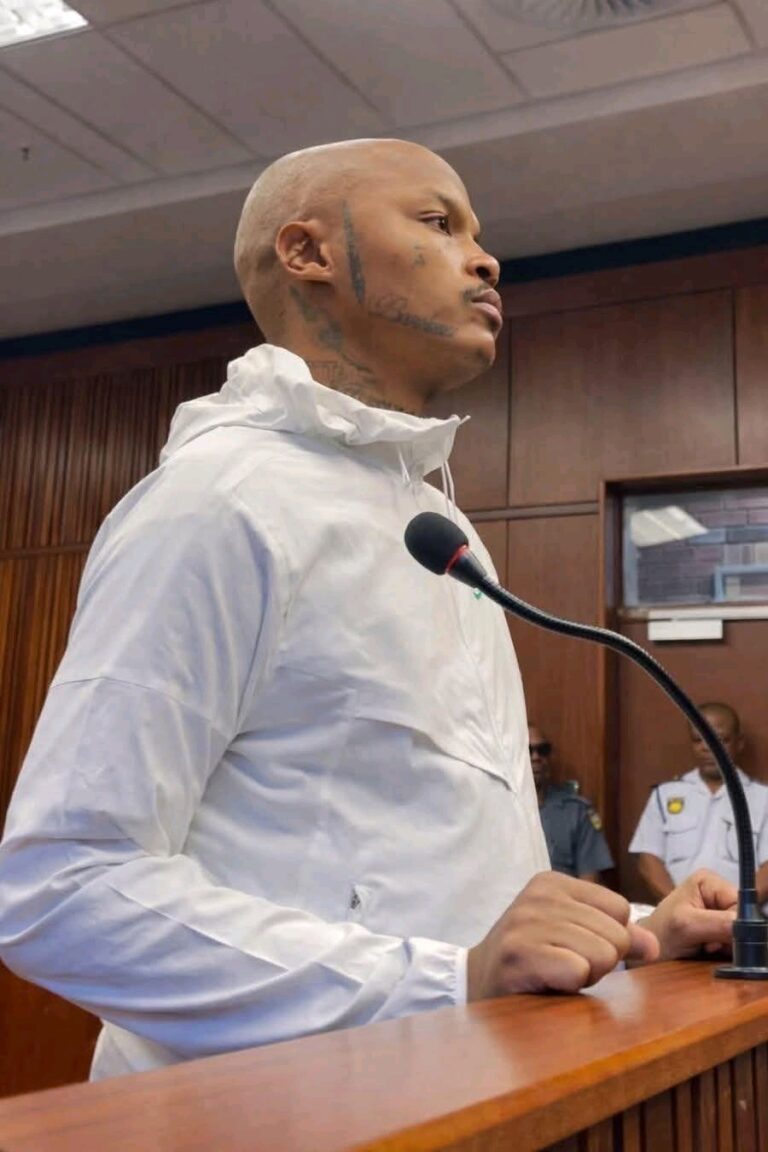
xr:d:DAFKVfHnIGw:1482,j:935180953,t:23031611
In a deeply emotional interview on the King David Studio Podcast, actress Shoki Mmola, best known for her roles in *Scandal!* and *Skeem Saam*, opened up about her harrowing experience in an abusive marriage with fellow actor Sello Sebotsana. Shoki’s courage in sharing her painful journey not only highlights the realities of domestic abuse but also serves as an empowering message for those who find themselves in similar situations.
Shoki began by reflecting on the early warning signs in her marriage, noting that the red flags were present long before the abuse began. She highlighted a common reality faced by many: ignoring the warning signs while holding onto the hope of what the relationship could become rather than facing what it truly is.
“I can’t say I was there for love; I was there for structure,” Shoki revealed, sharing a profound truth about her marriage. She admitted that her desire for a stable family structure was driven by her upbringing, where she felt she never had a proper family environment. “I never had a proper family structure, so I wanted that for my kids and future.” This poignant admission sheds light on how the quest for stability and a loving family can sometimes trap individuals in abusive situations where love is absent.
The actress spoke candidly about the impact of her tumultuous marriage on her children, who witnessed much of the abuse. “There is nothing that you can explain to the girls that they do not know; they remember stuff I do not even recall,” Shoki said, emphasizing the deep, lasting scars that domestic violence can leave on a family. Her words are a stark reminder that abuse does not only affect the victim but also profoundly impacts those around them, especially children.

Shoki’s journey toward healing involved seeking therapy for herself, her children, and even her nanny, who played a crucial role during her escape from the abusive marriage. “My nanny, who saw a lot, was the one who saved my life the night I escaped,” Shoki disclosed. This statement underscores the significance of having a strong support system when enduring such traumatic experiences, highlighting the often-overlooked heroes in stories of survival.
The legal battles that ensued after Shoki left her marriage further compounded her family’s trauma, with her daughter having to testify as a witness in court. This chilling reality underscores the lengths to which Shoki went to protect her family, despite the emotional toll it took on everyone involved.
Throughout her narrative, Shoki Mmola’s strength and resilience shine through. While she acknowledges the pain and challenges of her past, she remains focused on healing and ensuring that her children understand their experiences. “At least they have an understanding,” she said, underscoring the critical role of open communication and emotional support in overcoming trauma.
Shoki’s willingness to share her story serves as a powerful reminder of the strength it takes to speak out against domestic abuse. Her journey is a testament to the possibility of healing, offering hope to those who may feel trapped in similar situations. Shoki’s story encourages others to seek help, reclaim their lives, and build a future filled with love, stability, and resilience.
If you or someone you know is experiencing domestic abuse, please reach out for help. Support is available, and no one has to face this journey alone.







